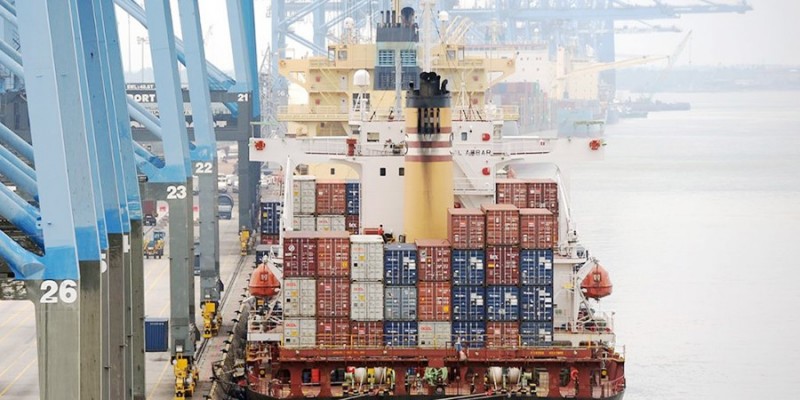
Image credit: The Malaysian Reserve
KUALA LUMPUR: Malaysia's current account surplus of the balance of payments narrowed to RM7.4 billion or 0.9 per cent of gross national income (GNI) in the first half of 2022, according to Economic Outlook 2023.
The report said this was due to lower surplus in the goods account and higher deficit in the income account albeit smaller deficits in the services account.
"In the second half of the year, the current account surplus is projected to expand to RM43.4 billion or 5.3 per cent of GNI following a wider surplus in the goods account despite a larger deficit in the services and income accounts.
"The performance is expected to continue until year end with narrowing current account surplus of RM50.8 billion or 3.1 per cent of GNI," it said.
The report said the services account is expected to record a smaller deficit of RM59.7 billion following surging receipts in the travel account albeit widening deficit in transport and other services accounts.
The opening of international borders and transition towards the endemic phase have contributed to the increase in tourist arrivals, leading to a smaller deficit of RM10.8 billion in the travel account, it said.
In contrast, the report said the transport account was projected to register a higher deficit of RM34.4 billion due to lower earnings gained by domestic companies from transactions.
Similarly, the other services account is expected to register a wider deficit of RM14.5 billion.
On the trade performance, the report said Malaysia's total trade subsequently contracted by 2.1 per cent in 2019, while exports and imports declined by 0.8 per cent and 3.5 per cent, respectively.
This highlighted the adverse impact of the trade war to Malaysia's trade performance, mainly because both China and the US have always been among Malaysia's major trading partners, it said.
Notwithstanding the trade war effects, the report said Malaysia stood to benefit in the short run, arising from trade diversion when both the US and China substituted their demand for imports from each other to other emerging markets including Malaysia.
"In addition, Malaysia gained from the relocation of multinational corporations seeking to circumvent the high tariffs. This resulted in an increase in manufacturing investments as well as generating trade and investment spillovers into the country," it added.
Source: https://www.nst.com.my/business/2022/10/839034/malaysias-current-account-surplus-narrow-further-year-end-economic-outlook

